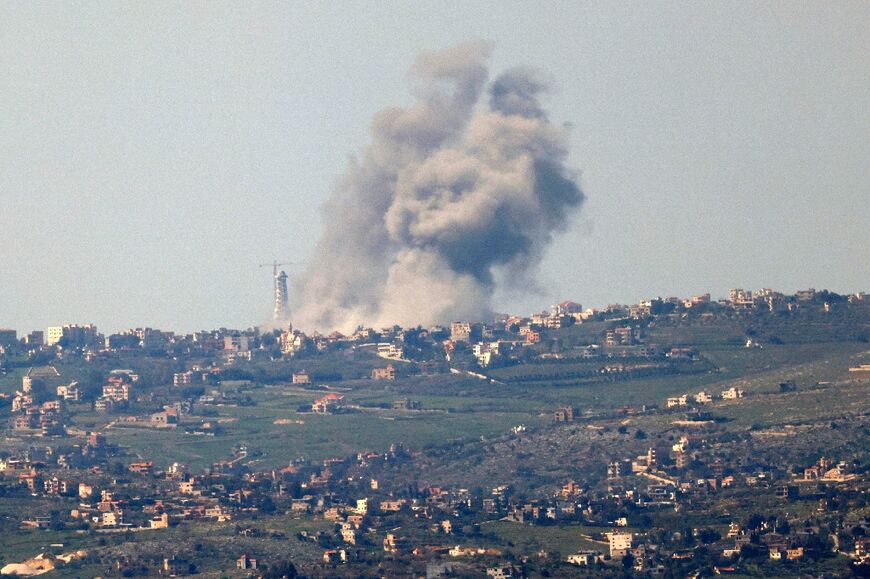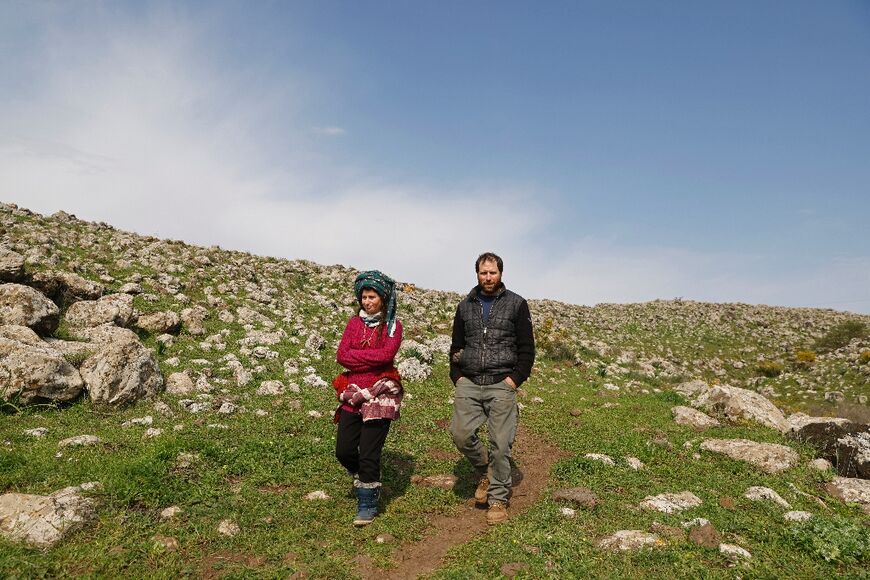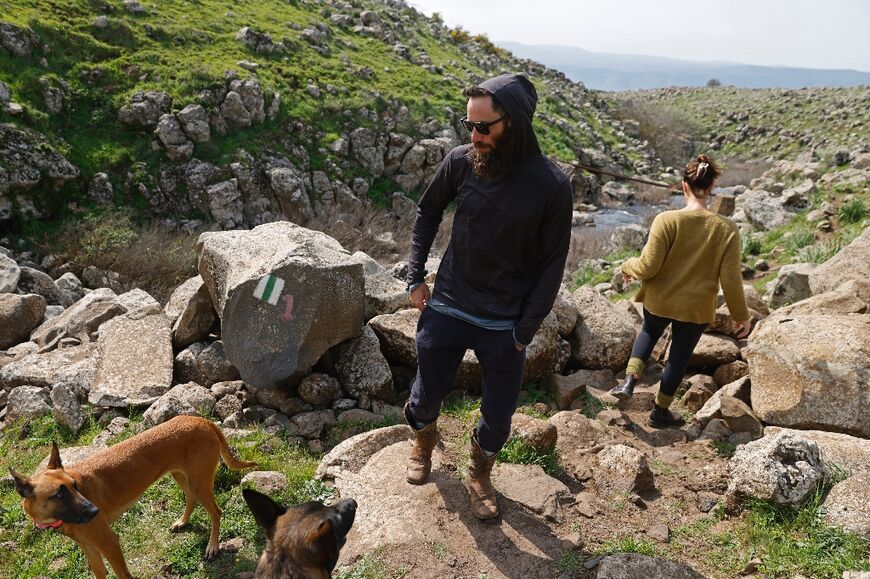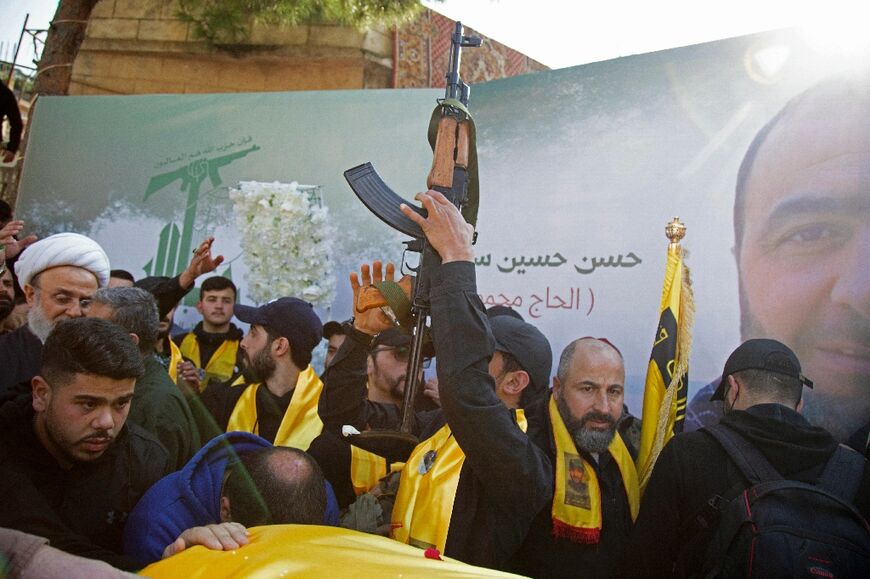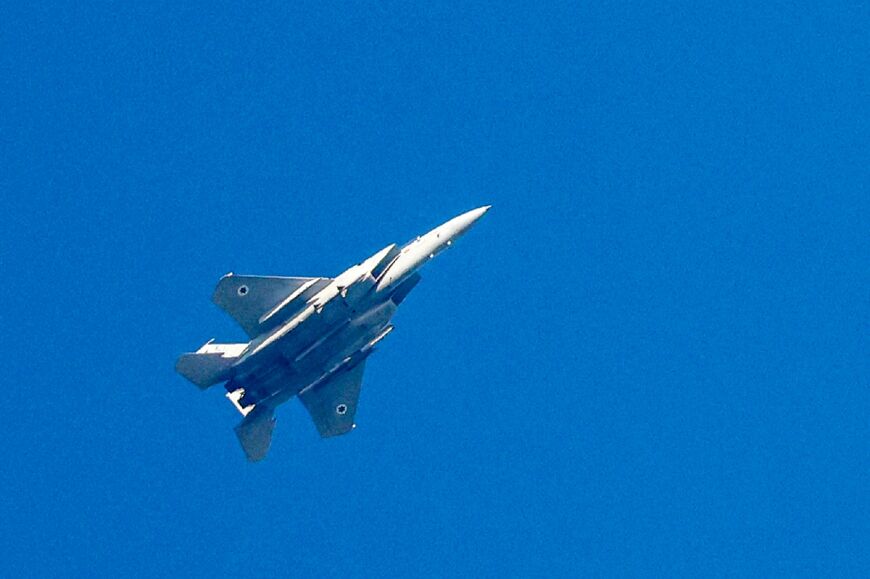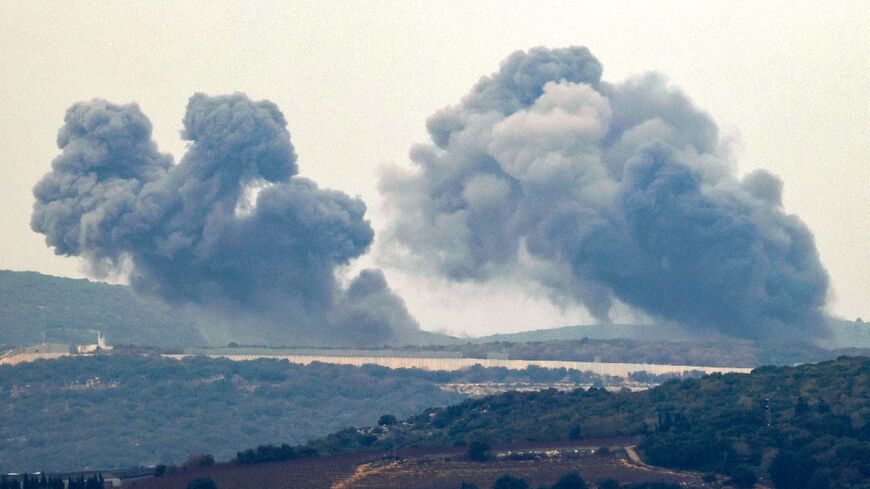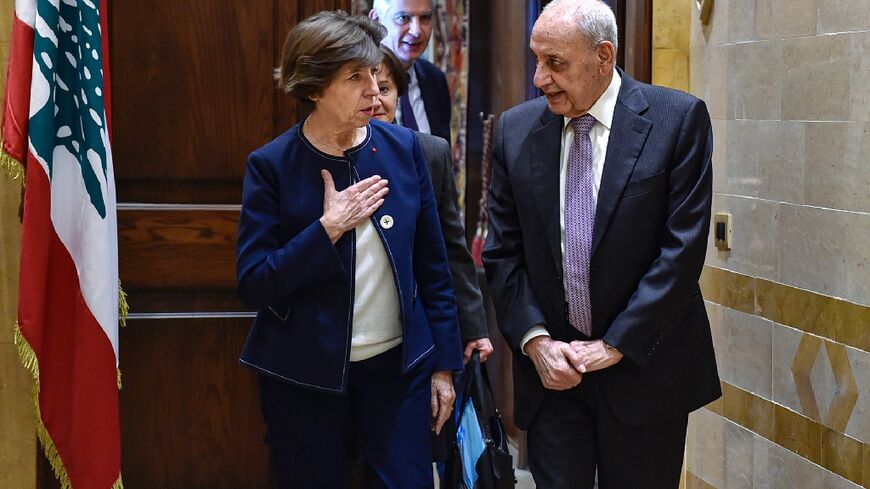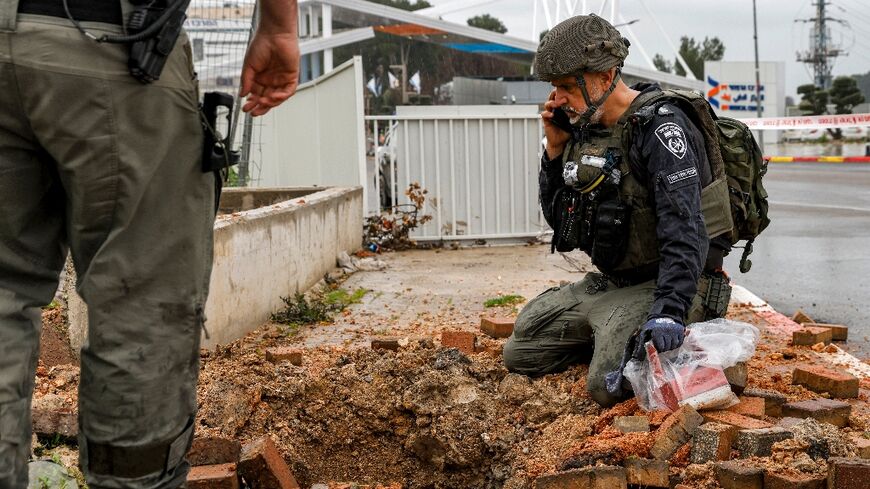Fears grow in Israel of war with Lebanon's Hezbollah
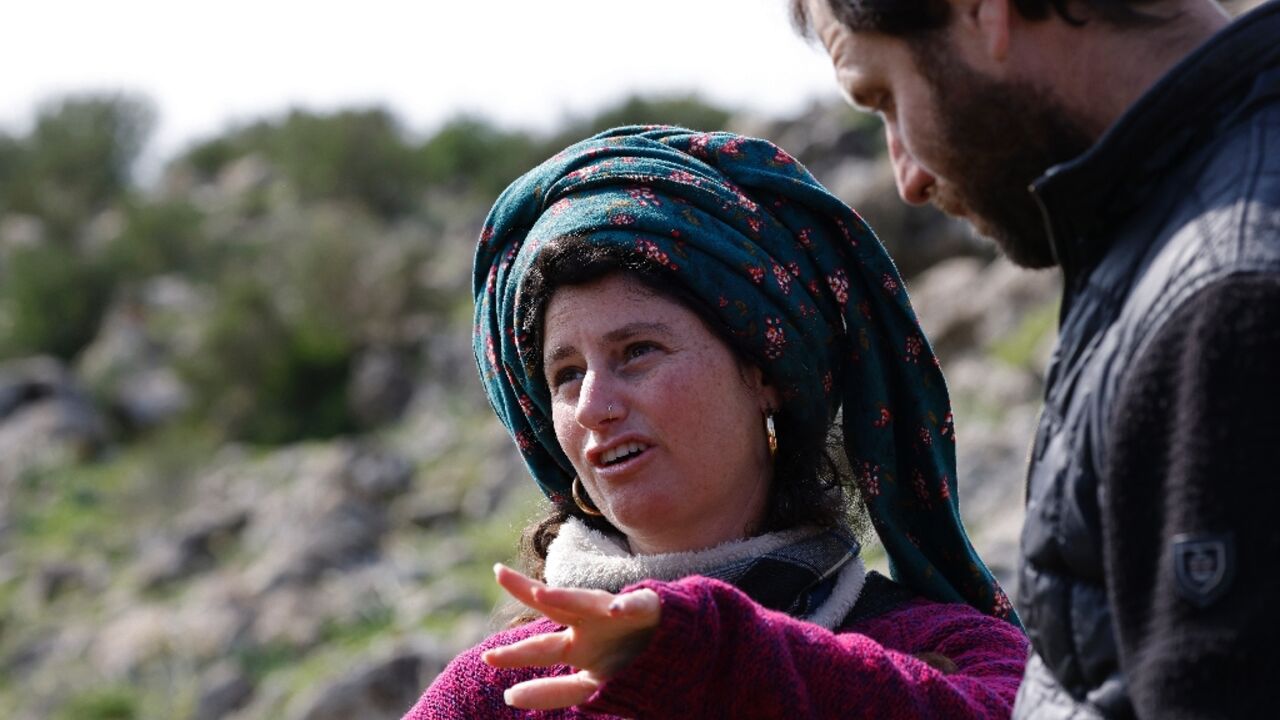
In the green hills of the Israeli-occupied Golan Heights near Lebanon, Arye and Ditza Alon are hiking through a tranquil nature reserve, wondering whether the wider region could become a war zone.
While mediators hope for a truce soon in the Israel-Hamas war raging in Gaza to the south, fears are growing that months of cross-border clashes in the north could escalate into a bigger conflict.
"It's a big question," said Ditza, pondering whether Israel should fight another major war against Lebanon's armed movement Hezbollah, an ally of Hamas.
She argued there is a risk either way, and considered the dilemma as she stood with her husband in the reserve at the foot of snow-capped Mount Hermon.
"We understand that if there won't be a war... then what happened in Gaza could happen again," she said, referring to Hamas's October 7 attacks on southern Israeli communities.
"On the other hand, we know that if there will be a war... there's going to be a big war and a lot of soldiers and civilians will die."
Israel has warned Hezbollah to stop its near daily attacks and demanded it withdraw its forces to an area north of Lebanon's Litani River, some 30 kilometres (almost 20 miles) away from the UN-patrolled border.
Israeli Defence Minister Yoav Gallant said this week that a Gaza truce won't stop Israeli military operations in the north -- and many fear a Gaza ceasefire may in fact allow Israel forces to step up northern operations.
Experts say Hezbollah, which has waged past wars against Israel, has many battle-hardened fighters and a formidable arsenal of rockets and missiles -- most of which it has held back from using so far.
- 'It will happen' -
The Gaza war was triggered by Hamas's October 7 attack that resulted in the deaths of around 1,160 people, mostly civilians, according to an AFP tally of official Israeli figures, and saw about 250 people taken hostage.
The Hamas-run health ministry said Thursday more than 30,000 Palestinians have been killed since then in the besieged territory.
As the Gaza war has raged, Iran-backed Hezbollah and the Israeli army have traded almost daily fire.
On the Lebanese side, at least 280 people have been killed, mostly Hezbollah fighters and their allies, along with 44 civilians, according to an AFP tally.
On the Israeli side, the army says 10 soldiers and six civilians have been killed, while tens of thousands of residents on both sides have been displaced.
On Monday, for the first time in years, Israel launched strikes against the city of Baalbek, around 100 kilometres (60 miles) north of the border.
The Lebanese militant group responded with a barrage of rockets against northern Israel.
All the violence did not stop the Alons, a married Israeli couple in their thirties who live in the region, from hiking around 10 kilometres from the border.
In that verdant landscape, bathed in spring sunshine, they reflected on the delicate situation.
Ditza said she expected that, once the Israeli army finished operations in Gaza, there would be "more noise up north".
Arye said that a war with Hezbollah was only a question of time, and argued it would be entirely necessary.
"We are sure it will happen because Hezbollah is the same as Hamas, they are like brothers" he asserted.
If Hezbollah is not pushed beyond the Litani River, he added, then "what happened in Gaza will happen" in the north, "maybe not tomorrow, but after five or 10 years".
- Rockets, fighter jets -
Gallant, on a visit to the army's Northern Command this week, said a Gaza ceasefire would not change Israel's objective of pushing Hezbollah out of southern Lebanon.
The United States and France have called on both sides to resolve the issue through diplomacy.
Gallant warned that if this is not possible, "we will do it by force".
"If anyone thinks that when we reach a deal to release hostages in the south and the firing stops it will ease what is happening here, they are wrong," he said.
Amir Avivi, a former brigadier general in the Israeli army, also argued that a Gaza truce would change nothing.
"They might respect the truce, but we are not going to respect the truce with Hezbollah," he told AFP.
In the Gaza war, Israel insists it will send troops into far-southern Rafah, the last major city so far spared from a ground assault, either before or after a ceasefire.
After Rafah, said Avivi, the focus would be on Hezbollah.
Israel, he said, wants a diplomatic solution, but he argued that this would be difficult. If it fails, he said, "then war is imminent".
In such a scenario, he said, Hezbollah might consider a conflict inevitable and launch a surprise attack.
In the hills near the border with Lebanon, Ditza said she is ready for any eventuality -- including one where "tomorrow morning, they're telling us: you have to move".
Just after the couple finished their hike, more rockets were fired from Lebanon and an Israeli military jet roared across the clear blue sky.


